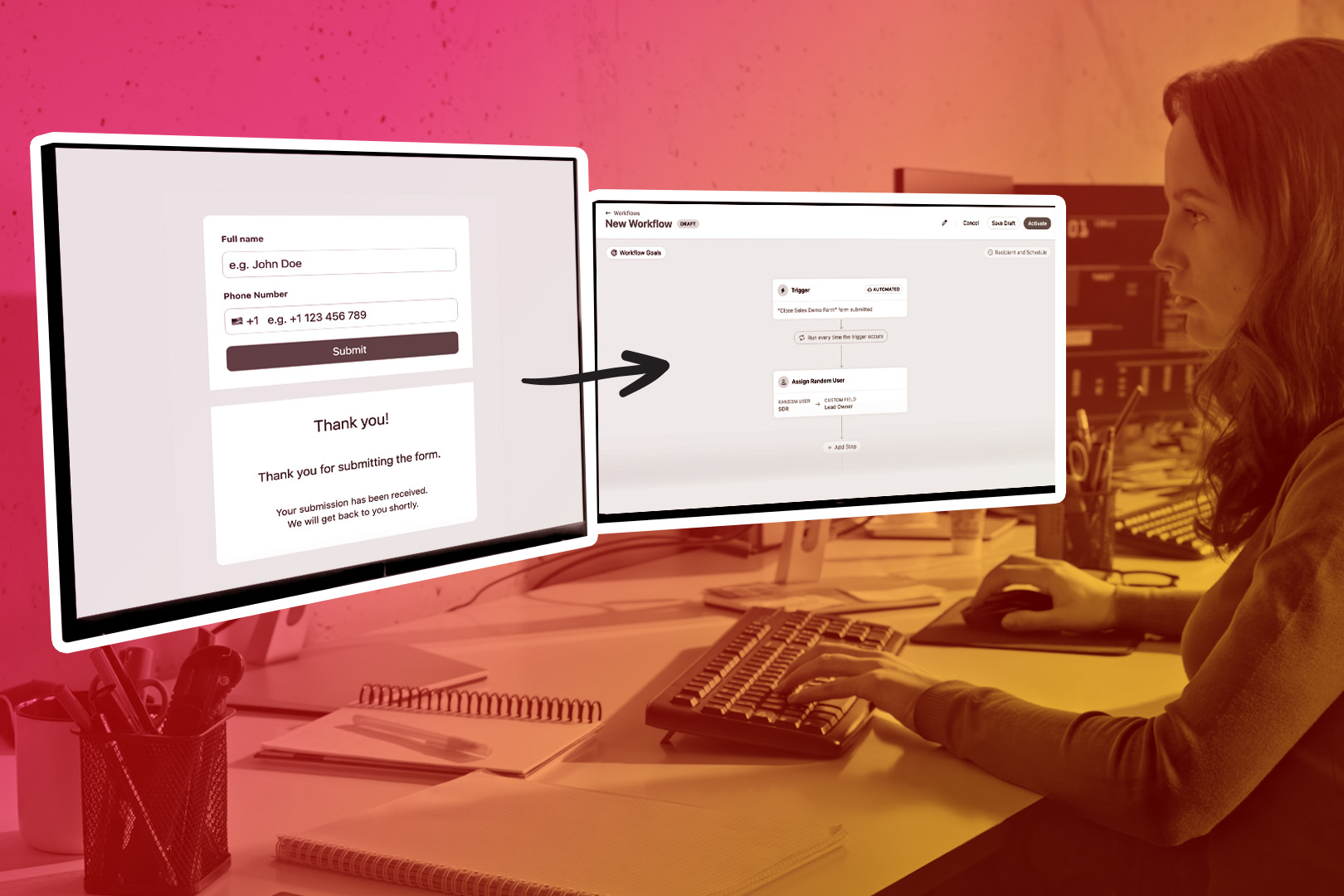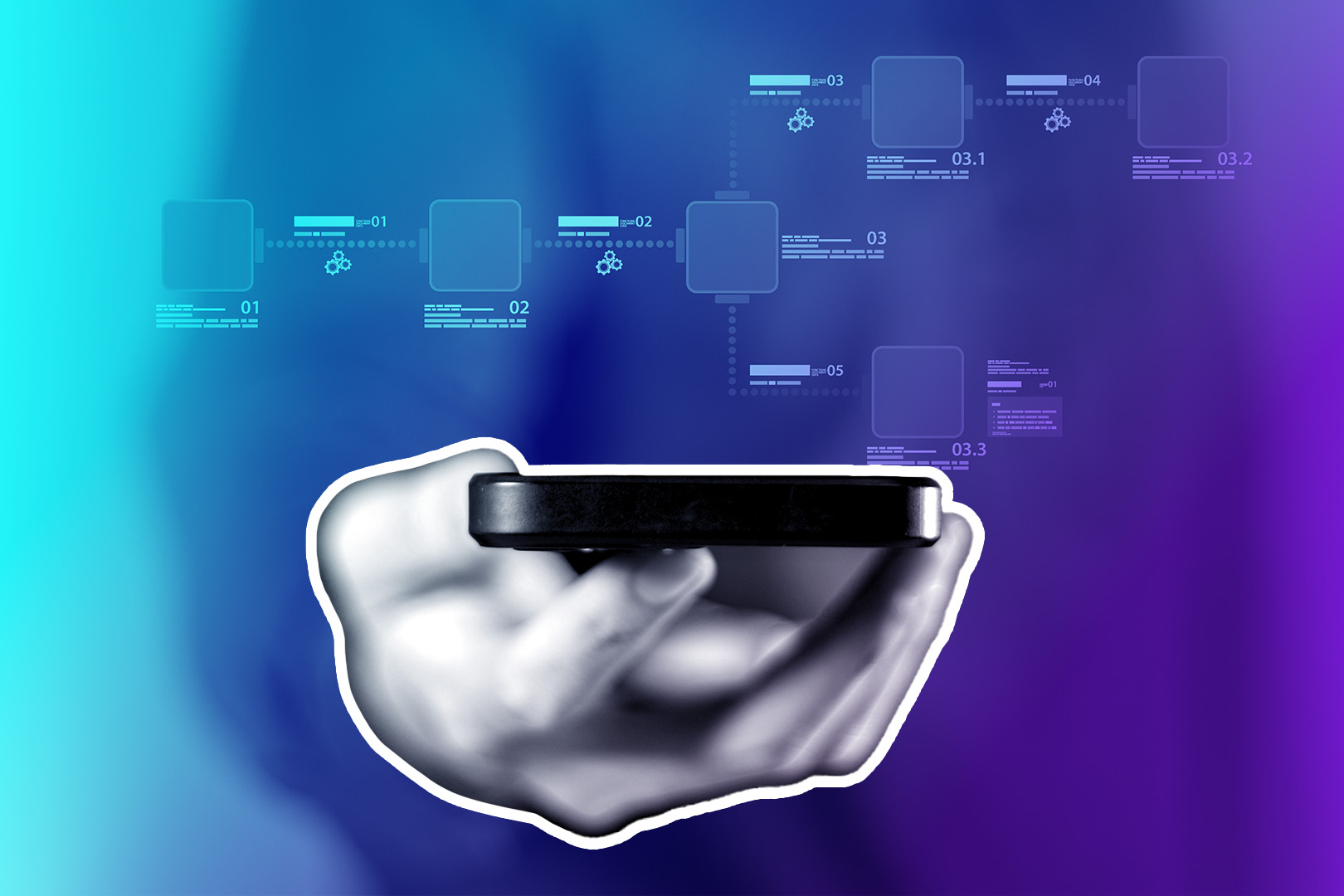







Imagine your boss pings you at the worst possible moment. The subject line you read in your email:
“Hey, need that monthly pipeline report by EOD.”
They want you to pull the numbers and share a few recommendations they can email to the whole team.
This was once the nightmare scenario for many people. But lately, in the AI-soaked workplace of modern life? Not so much. AI can crunch that data and surface some useful insights in no time.
As long as your AI knows what to do.
Not all AI knows the context of your work, though. You live in a world of CRMs, spreadsheets, databases, and more. An MCP—Model Context Protocol—can help. It’s the bridge connecting your AI to the messy context of your entire work life.
The question isn’t whether the technology is feasible; it is. But how can you use it to outsource the tedious, repetitive, one-off tasks you’d rather not do, especially when working in large data sets?
And WTF is an MCP, anyway?
So, WTF is an MCP, Really?
Let’s start with the literal definition. MCP is shorthand for "Model Context Protocol Server," which speeds up communicating with LLMs. The idea behind MCP is that it takes all of your data and everything your application can do (e.g., log a call, edit a record, etc.) and packages it up so that an LLM can easily give commands.
Think of an MCP as your AI co-pilot.
Heard that before? Well, there’s a really cool wrinkle with MCPs: it will act like a co-pilot that’s been trained to fly your plane.
When you prompt your MCP, it’s not like prompting ChatGPT, which pulls its guesses from the Internet and established linguistic models. LLMs often “hallucinate” answers to questions rather than give you something unhelpful.
Which is, of course, unhelpful.
MCPs, on the other hand, are trained to your specifications. If you forget the whole “Model Context Protocol” robo-speak, you can maybe think of it as standing for “My Customer Partner.”
MCP functions a lot like the ChatGPTs and Claudes of the world in that they’re both prompt-based. But it’s more like an assistant that knows the tools you’re trying to use.
If you’re using an MCP with Close CRM, it can outsource all sorts of tedious and repetitive tasks:
- Scrolling through call transcripts to try to find patterns in customer objections
- Looking for common patterns in your transcripts to discover key coaching points
- Researching and qualifying leads according to your predefined parameters
We already know that sales teams are leveraging AI all the time. That’s for good reason. They reserve their human-ness for the things humans are best at doing: reaching out, supervising, and adding a creative touch to their sales strategies.
But if you’re not leveraging MCPs for the tasks you’d prefer to offload? You’re a step behind.
And yes, we know: AI is a scary phrase these days.
On one hand, it’s the sort of corporate-buzzspeak that ultimately doesn’t mean much when CEOs have no idea how to “add AI” to their processes.
On the other hand, some people imagine AI as having supervillain-like powers that will erase the need for any humans to perform paycheck-worthy work ever again.
The truth is somewhere in between.
MCPs connect the dots between AI tools. Specifically, your AI tools. This way, it’s a bit like hiring that co-pilot who knows your plane and knows your habits.
You can still do the human work. You can get the plane off the runway and determine its heading. You can come in and land the plane when it’s time.
But for the rest of those long miles in between, the MCP can handle the controls.
Sales Use Cases for MCPs
Whenever we do surveys about AI, we find one thing in common with many of our customers:
Most are already using it.
In fact, they use it all the time. They might keep AI open while they handle communications—drafting and editing emails, qualifying leads, etc.
Or they might use it to supplement their sales work, looking for training opportunities and analyzing call transcripts to find the hidden patterns that would take hours to discern otherwise.
That’s why MCPs are particularly useful for sales teams.
The funny thing? Not every sales team sees it this way. They look at AI tools and point out some classic problems:
- Tool bloat. You’ve probably been sold “AI-enabled thingamajigs” before, and you’re tired of it. The tools get too bloated, the AI isn’t particularly helpful, and you find yourself doing more work than promised. What you’re really after is a tool that makes life easier. We tend to summarize this in two words: powerful simplicity.
- Overcomplication. People use AI to feel less overwhelmed. They use it to “do more faster.” And it’s great when it works. The problem is that if AI feels overcomplicated—or there are too many add-ons associated with your AI tools—then you’re just going backwards. You’re doing too much work to reap all the benefits of AI.
- Lack of customization. ChatGPT, Claude. Okay, they’re kind of cool. But you’re a sales rep with specific skills, and the results you get from these tools can be…kind of generic. A lot of tools are still in the infancy stage: “one size fits all.” And that makes people feel appropriately skeptical.
We bring this up because MCP represents a different approach to AI.
MCP connects tools based on your data. This means it’s built on a ground level of customization and simplification for you. And that alone erases many of the problems we just listed.
If you ask us, tools like these are going to become the norm. Learning to use them now will give you a leg up in the economy to come.
For example, consider the potential of voice AI. It’s an entirely new communication paradigm: bigger than email or fax, because we can interact with it immediately, but similar in the way that emails and faxes changed the economy almost overnight.
Don’t fear these changes.
The economy will still be recognizable. Voice AI—customized to your business’s processes—will be immensely helpful in drafting emails, sending out texts, etc. But it’s not as if human-to-human communication is going away. AI will supplement it, make it easier, and more convenient. It won’t erase you and what makes you special.
Want to try Close's MCP? Try it out now → https://help.close.com/docs/mcp-server
Using an MCP for Instant (and Practical) Benefits
Now, put yourself in the shoes of a forward-thinking MCP user. What does your daily life look like?
- Go back to our scenario of the boss who wants a report on a Friday afternoon. How easy would it be to drop the request off to your MCP, review the information, and pop off the email before Friday dinner?
- Imagine you’re working with your CRM and you want to create a new workflow. You have no idea what you’re doing. But you consult the MCP, which has been “trained” on the CRM. It outlines all the steps of your workflow, using your prompt as the mile marker. You don’t have to do it the old-fashioned way of integrating third-party tools to build the workflow, or automating what you need to be automated. AI simply takes over, saving you both time and steps when you do it the right way.
Those are just two examples. But the truth about MCPs is that you’re really only limited by your imagination.
If you can prompt it, MCPs can at least help you in some way—whether that’s building full workflows on your behalf or simply telling you what to expect from your CRM.
Now let’s consider the benefits:
- Less stress. Sick of AI not living up to its promise to “do more faster”? So are we. MCPs fill in the gaps that overcomplicate AI tools. Because MCPs work within the tools you most like to use—and are designed for those tools—you don’t have to stress about issues like generic results that require deeper prompting from you.
- Easy onboarding. A lot of people dislike AI when it’s so complicated to use; it feels like you’re going backwards. But we invite you to try out MCPs and see for yourself. You’ll find out the water isn’t so bad. Dive in.
- Specific expertise. MCPs are based on your data. It won't have half-baked features that cause you to skip other AI tools. And if AI finally lives up to its promise of working for you rather than making you work harder just to get it to work, you’re finally ready to outsource that work to tools you barely have to supervise.
How Does MCP Fit in Modern Sales Teams?
We’ve talked to thousands of founders. Sales leaders. People who use CRMs for all sorts of creative workflows we barely imagined when we were starting out. And what do they all say?
“AI is exciting…but it’s also overwhelming.”
We get it, but MCPs don’t have to feel overwhelming. People don’t want AI to feel like another heavy tool that takes up more of their time. The whole point is that AI works like a well-trained, fully onboarded employee. You train it on your data, give it a prompt, and tell it: “Get to work.”
Most AI tools are still in their infancy. That means they’re often add-ons or guesswork. They’re overwhelming, costly, and they have confusing credit systems, so that even when you do get what you want out of them, it asks for another nickel before it starts to work again.
Not so with Close CRM’s AI.
- It’s built on your CRM data, not public junk—so the results are specific to your sales team.
- It’s embedded in the tools you already use, so it’s not creating a new, independent dashboard that makes your life more complicated.
- It will help you “get more done faster,” especially in sales, which was kind of the whole point of AI to begin with.
- It can take your data and start working with Close CRM’s fast onboarding so you can use it today. Not “some time in Q4, ideally.”
Use an MCP to Eliminate the WTF from AI
We know. We’re throwing a lot of letters at you. But hopefully you’ve seen that an MCP isn’t overly complicated. If anything, it can be the simplest way for you to adopt AI in your own sales workflows.
When we talk to sales reps—and we’ve talked to thousands of them about AI—they’re constantly frustrated by how little it delivers on its promise. But what if it did? And what would life be like if you were one of the teams that acted first on AI that actually helped you get more done faster?
AI isn’t just coming. It’s already here. The only question is: are you ahead, or behind? Close’s MCP helps you skip the fluff and actually get shit done.
Ready to see it in action? Give Close a try today.






.jpg)
